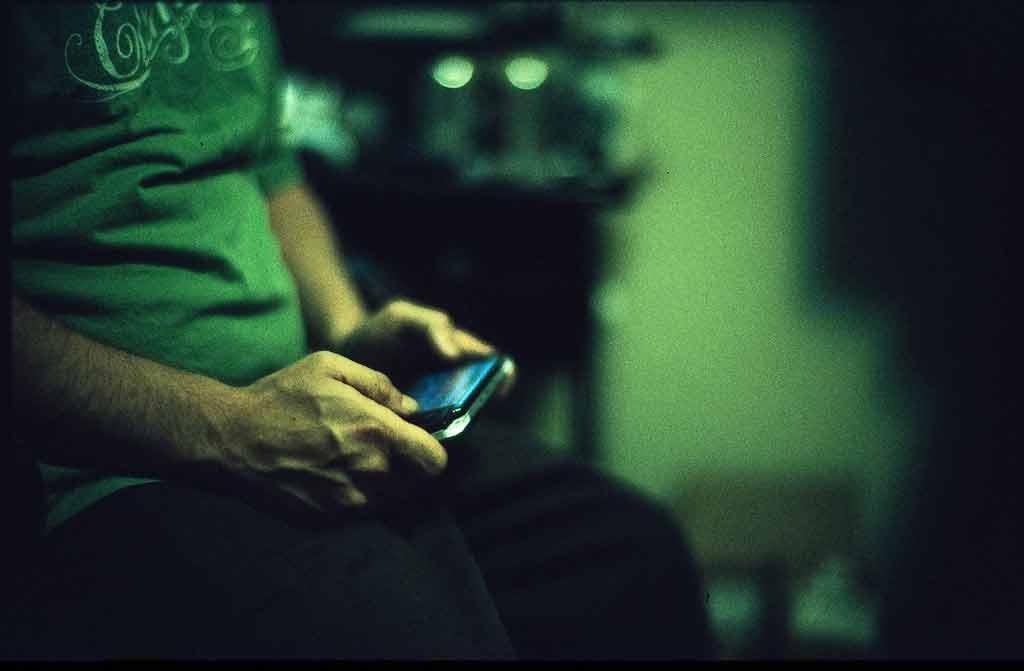Numbing the pain for a while will make it worse when you finally feel it.“― Albus Dumbledore
Drug users and addicts never intended to end up in a hole in an alley. They begin using to temporarily escape the pain and harsh realities of life.
Society today treats drug users and addicts as criminals. Police arrests, fines, court trials and imprisonment are usually what follows when an individual is found to be involved in the use of intoxicating substances. They say treat the cause, not the symptoms. Here, drug use and addiction are only the symptoms of a much graver problem- psychological trauma.
When pain hits us, we resort to response mechanisms like: We can blame him/her/it; we can blame ourselves, or we can blame the universe. Often these feelings of sadness, anger and fear dissipate on their own. We vent, go to our friends or try to focus on something else to keep our minds busy. Life moves on.
On the other hand, we might be living in an environment full of restrictions, both self-imposed and otherwise. Perhaps those around us have always been emotionally disconnected and distant. Or maybe we’re one of those extra-sensitive types. Either way, one response apparently proves more effective than the others, given the situation. As this happens, we look for relief in some form of action or substance. Food, alcohol, drugs, sex and more relevant today than ever before, the internet— who wouldn’t?
They’re things we find immensely satisfying, at least in the beginning. Initially they’re pretty effective. They divert our attention from the pain at hand or at the very least, numbs the pain.
All these, however, only address the symptoms of the underlying disease. Very soon we’re trapped in a spiral of pain and that which offers us relief (however temporary) until we are no longer able to distinguish between the pain and the escape because all of it’s a big blur. Lost in a hurry to bury and hide the emotional pain, we lose sight and grip of reality. Recent scientific studies have shown that a chemical in the brain is, to a large extent, responsible for addiction. A chemical called dopamine, which is released by the brain is what stimulates the ‘feel good’ sensation. It’s the same chemical that lets us feel pleasure, joy, elation and happiness while engaging in activities like hugging, kissing, sex and even eating food. Addicts aren’t drawn to heroin/cocaine/alcohol/nicotine by itself; they crave the flood of dopamine that these produce.
It is time to embrace mental health and substance use/abuse as illnesses. Addiction is a disease.” ― Steven Kassels
“We live online”

On a planet where over 3 billion people have access to the internet, we are faced with other another growing addiction: The internet. Specifically, TV Shows and online gaming. Our food’s ordered, clothes are bought and studies done online. [I’m sure if you look hard enough, there’s bound to be someone who’ll come and give you a shower too.]
We spend eons online or, as I like to tell people, almost literally ‘live online’. At home it’s on laptop/desktops/macs. The minute that goes into standby, we’re already logged in from our phones and iPads. Many of us would deny right away if we were to be asked if we’re addicted to the internet. In its first stages it appears harmless. As it progresses, it gets worse and people start showing disinterest in real-world activities, missing meals, withdrawal and isolation.
Many people turn to the World-Wide Web as a way to manage feelings of stress, loneliness, depression and/or anxiety. After a bad day, immersing yourself in back-to-back episodes of a favourite show or two is the go-to method for many of us. Temporarily losing yourself on the internet can make those heavy feelings vanish within minutes. TV shows and online gaming can be a healthy way to deal with negative emotions like anger, anxiety and depression if, and only if, done in moderation. It’s all about getting the right balance of actual physical ways of dealing with these emotions and finding a solution online.
Is there an out?
Definitely.
It’s a step by step process. The first step to overcoming an addiction is accepting and acknowledging the fact that one’s addicted. Then comes making the decision to overcome the addiction. Personal and professional help can go a long way in helping with overcoming addictions. Identifying and rectifying the triggers is of paramount importance.
Coming to real, doable tips to overcoming an addiction:
- Get involved in actual, physical activities, be it painting, drawing or reading. Switch to brush and paint, pen and paper and hard copies. Touch. Feel.
- Make friends. A group of good friends can do wonders in overcoming addictions. Meet them at a coffee shop or a park. [Stay off your phones!]
- Exercise. Get out there for a walk, a jog or a run. When you start seeing the results, you’ll know it was worth every bit of trouble.
- Have face to face conversations. They enable better conversation and can be an exhilarating learning experience on their own.
Those of you who think you’re addicted, fear not. With patience, time and effort, you’re going to get through it. There is always hope.
Not feeling is no replacement for reality. Your problems today are still your problems tomorrow”― Larry Michael Dredla
http://psychcentral.com/blog/archives/2010/06/05/12-ways-to-beat-addiction/
http://www.drphil.com/articles/article/173
Featured Image courtesy of Donna Irene










